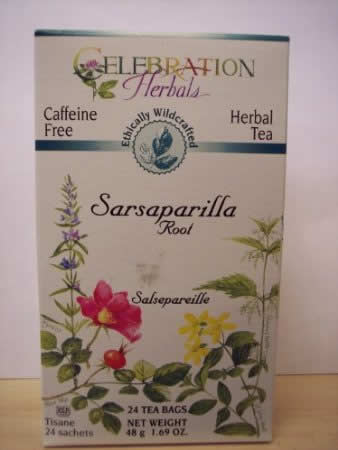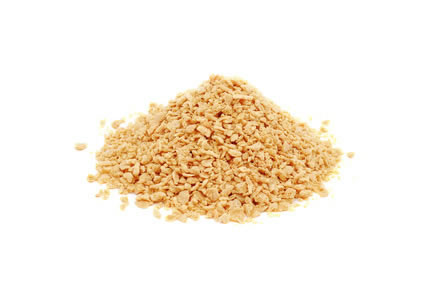Sarsaparilla root (Smilax regelli) is a perennial plant that is native to the rainforests of South America, Caribbean and the Jamaica. The herb belongs to the lily family. Root is the most common part of the sarsaparilla vine that is used for therapeutic purposes. This root has a pleasant fragrance and spicy sweet taste. One of the most important ingredients in sarsaparilla root are saponins, a chemical substance.
Sarsaparilla Benefits
Conventionally, sarsaparilla root, as a tonic and blood purifier, and has been used for gonorrhea, syphilis, rheumatism, arthritis, fever, cough, gout, anorexia, liver protection, digestive disorders, wounds, psoriasis, eczema, skin disorders. Also, sarsaparilla includes beta-sitosterol which has anti-inflammatory effects.
 This plant, used to treat syphilis in the 1800’s and was exported to Europe. From 1820 to 1910, was registered in the US Pharmacopoeia as a therapy for syphilis. Chinese researches indicate sarsaparilla root, in combination with other plants, was tested as a cure for syphilis. Clinical observations showed that smilax was effectual in approximately 90 percent of acute and 50 percent of chronic cases.
This plant, used to treat syphilis in the 1800’s and was exported to Europe. From 1820 to 1910, was registered in the US Pharmacopoeia as a therapy for syphilis. Chinese researches indicate sarsaparilla root, in combination with other plants, was tested as a cure for syphilis. Clinical observations showed that smilax was effectual in approximately 90 percent of acute and 50 percent of chronic cases.
Smilax binds with toxins and is used to improve blood and liver functioning. The active chemicals of the sarsaparilla herb are its saponins, which help to reduce the body’s toxic load. It binds to toxins and causes them to be eliminated from the bowel readily.
Sarsaparilla is usually used in connection with psoriasis, eczema, and other skin problems. Specific root phytochemicals, have soothed psoriasis, probably by disabling bacterial components called endotoxins. Patients with psoriasis have been found to have high levels of endotoxins circulating in the bloodstream. A Chinese study shows a sarsaparilla formula is an effectual potential therapy for psoriasis. “The New England Journal of Medicine” reported study in 1942 showing that extract of sarsaparilla was effective in reducing psoriasis symptoms, 62 percent of the 92 participants studied demonstrated important development in their symptoms, while 18 percent showed complete removal of their psoriasis symptoms.
 A critical factor in healthy brain and nerve transmissions is the presence of cellular substance named acetylcholine. Lecithin is used by the body to produce the neurotransmitter acetylcholine, helping to keep a limpid mind.
A critical factor in healthy brain and nerve transmissions is the presence of cellular substance named acetylcholine. Lecithin is used by the body to produce the neurotransmitter acetylcholine, helping to keep a limpid mind.